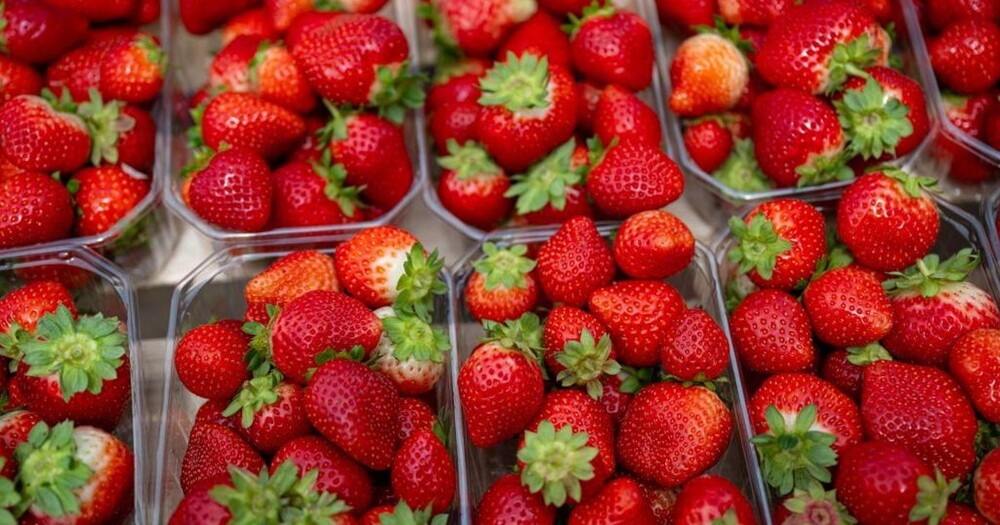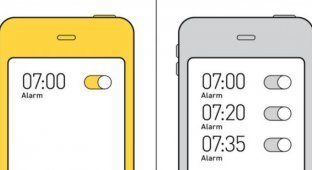Study: strawberries against dementia (3 photos + 1 video)
Good news for strawberry lovers! Researchers from the University of Cincinnati say that if you eat it every day, it will help reduce the risk of developing dementia. The study, published in the journal Nutrients, focuses on middle-aged people. 
In a 12-week study, 30 overweight patients who complained of mild cognitive impairment were asked to abstain from eating strawberries. But every day for breakfast they took a portion of the powder, which they had to mix in a glass of water and drink.
Half of the participants, aged 50 to 65, received a powder containing the equivalent of one cup of whole strawberries (a standard serving size), while the other half received a placebo.
The researchers monitored the participants' long-term memory, mood, and metabolic health. It was found that subjects in the strawberry powder group performed better on a word memory test and had a significant reduction in depressive symptoms.
“Both strawberries and blueberries contain antioxidants called anthocyanins, which have a positive effect on metabolism and cognitive function,” said Robert Krikorian, a professor in the department of psychiatry and behavioral neuroscience at the University of California College of Medicine. “There is evidence that people who regularly eat strawberries or blueberries slow the rate of cognitive decline as they age.”

Krikorian noted that strawberries also contain ellagitannins and ellagic acid, which have anti-inflammatory, antioxidant, antimicrobial and anticancer properties.
According to Krikorian, the strawberries in his study may have improved cognitive function by reducing inflammation in the brain.
“Executive function begins to decline in middle age, and excess abdominal fat, as in insulin resistance and obesity, leads to increased inflammation, including in the brain,” he explained. “Thus, it appears that our sample of overweight, middle-aged people with prediabetes had higher levels of inflammation, which contributed to at least mild decline in executive function.” Accordingly, the beneficial effect we observed may be due to a decrease in inflammation in the strawberry group."

Future studies should include more participants and different doses of strawberries, Krikorian said.
The university acknowledged that its research was supported by the California Strawberry Commission, which provided funding and strawberry powders and placebos, but said the group had no role in the study's design, data collection and analysis, or publication of the results.






























